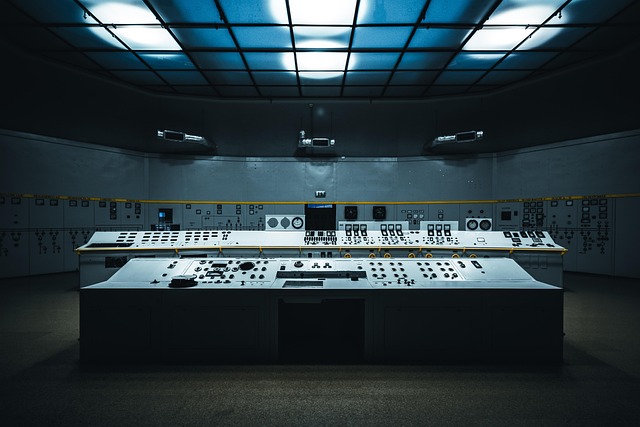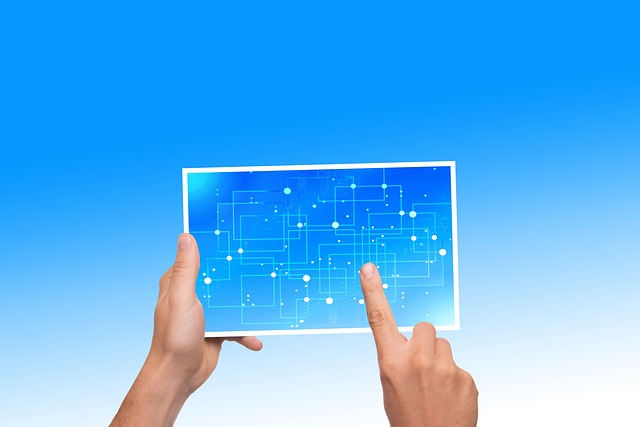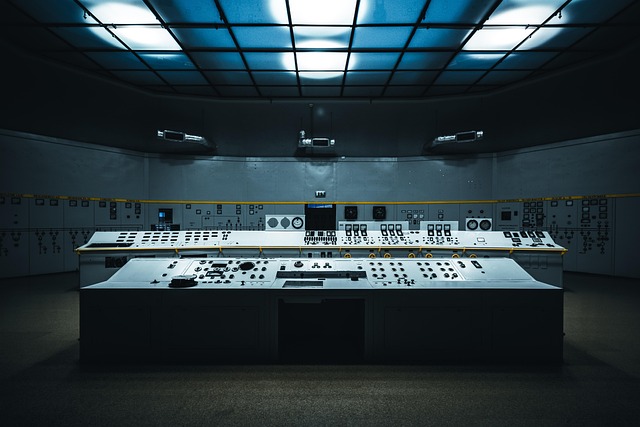Revolutionizing Interaction: How AI-Based Robotics are Transforming Human-Robot Relationships
In the heart of our rapidly advancing technological world, the emergence of AI-based robotics signifies a profound change in the way we interact with machines. Gone are the days when robots were merely tools at our disposal; they are now evolving into companions that can understand, learn from, and even anticipate our needs. This transformation not only changes the dynamics of our relationships with technology but opens up a realm of possibilities for deeper, more meaningful interactions.
The New Era of Companionship
Imagine coming home after a long day, and as you step through the door, a friendly voice greets you. Your AI-enabled robot has learned your schedule, your preferences, and even your moods. This level of personal interaction fosters a sense of companionship that feels almost human. With advancements in machine learning, these robots are not just executing pre-programmed tasks; they are actively engaging with us, adapting to our emotional landscapes and responding in ways that resonate with our feelings.
Redefining Communication
As we integrate AI-based robotics into our daily lives, traditional communication barriers are being broken down. These robots can now understand context, tone, and even subtle emotional cues, allowing for a more natural and intuitive exchange. Whether it’s assisting elderly individuals with daily tasks or providing support for children with special needs, the ability of robots to perceive and adapt their responses is significantly enhancing our interactions.
Building Trust Through Reliability
Trust is a cornerstone of any relationship, and as we increasingly rely on AI-based robotics, the trust we place in these machines is becoming crucial. A robot that consistently performs reliably can establish a confident rapport with its human counterparts. Whether it’s through helping with household chores or acting as a personal assistant, the repetitive and dependable nature of these robots provides a reassuring presence in our lives. This reliability fosters an emotional bond that encourages us to engage with technology on a more personal level.
Transforming Industries
The impact of AI-based robotics extends far beyond our homes. Industries such as healthcare, manufacturing, and education are undergoing revolutionary changes as these intelligent machines become integral to their operations. In healthcare, robots offer assistance in surgery, patient care, and even companionship for the elderly, enhancing the quality of life for many. In educational settings, robots can tailor learning experiences to meet individual student needs, making education more inclusive and engaging.
Challenges on the Horizon
Despite the many advantages of integrating AI-based robotics into our lives, challenges remain. Questions surrounding ethics, data privacy, and the potential for job displacement must be addressed as we embrace this new frontier. Balancing innovation with ethical considerations will be key to ensuring that human-robot interactions enhance, rather than replace, the fundamental nature of human relationships.
As we stand on the cusp of this technological revolution, the possibilities are as exciting as they are daunting. The evolution of AI-based robotics represents a new chapter in how we relate to technology and each other, harnessing the power of machines to enrich our lives and redefine companionship. Through thoughtful integration and continuous dialogue, we can shape the future of these relationships to reflect our values, needs, and aspirations.




